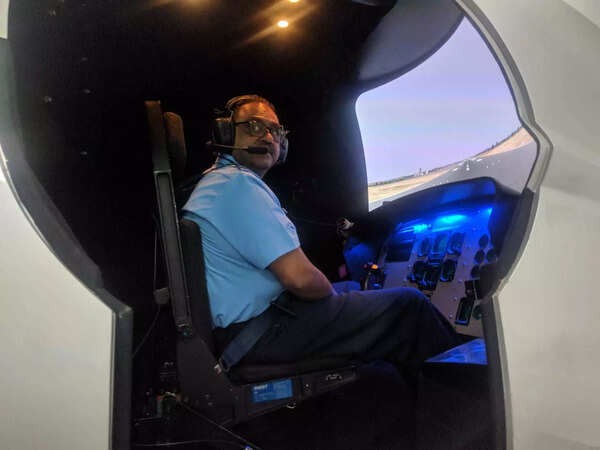Group Captain Shubhanshu Shukla’s mission to the International Space Station (ISS) has marked a milestone in India’s human spaceflight journey. According to Air Vice Marshal Anupam Agarwal, former Commandant of the Institute of Aerospace Medicine (IAM), this mission is the first real-time validation of India’s astronaut training and selection systems in microgravity conditions. The mission is part of Axiom-4, an international spaceflight programme.

Training Methods and Medicine Processes Under Evaluation
Agarwal emphasized that this mission is testing not only Shukla’s capabilities but also the standards developed by IAM for selecting and preparing astronauts. The procedures, psychological assessment tools, and aerospace medicine protocols followed in the Gaganyaan programme are now being tested in the actual space environment. “Every aspect is being validated—from selection to training,” he said.
IAM’s Role Extends Beyond Screening
IAM’s responsibility goes beyond just shortlisting astronauts. It collects detailed baseline physiological and medical data before launch. Shukla’s mission now allows Indian scientists to study how the human body responds to microgravity and compare that with expected changes. This data is expected to help refine India’s future space mission preparations.
Learning Through Global Exposure
India’s experience with human spaceflight remains limited, making international collaboration vital. Agarwal pointed out that many aspects of space medicine are not available in published literature and must be learned through real missions. “International exposure like this gives us practical insights we couldn’t access otherwise,” he said.
Importance of Aerospace Medicine in Space Missions
According to Agarwal, aerospace medicine plays a role as crucial as engineering in human spaceflight. From designing human-compatible hardware to defining safety and comfort standards for astronauts, IAM’s contributions are central to mission success. This includes clothing, hygiene, environmental standards, and the overall man-machine interface inside the spacecraft.
Shukla’s Selection Remains a Career Highlight
Reflecting on the selection of Shukla, Agarwal described it as one of the most rewarding experiences in his career. He said the astronaut-designate stood out among some of India’s brightest minds. “It was, is, and will always be a privilege to meet someone like Shux,” he noted, underlining the personal and professional significance of the selection.
Foundation for Gaganyaan and Beyond
Shukla’s mission is considered a foundation for India’s Gaganyaan mission and future space exploration. With IAM playing a central role in astronaut preparation, the current mission helps assess and improve I
